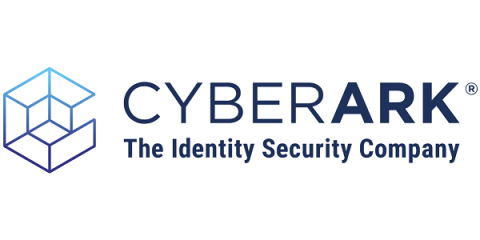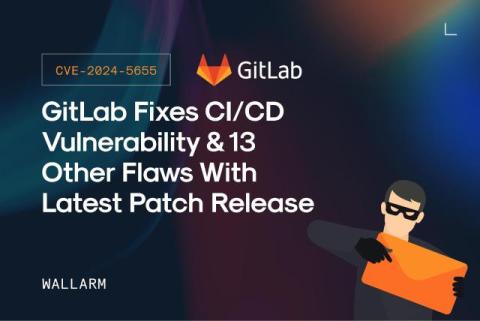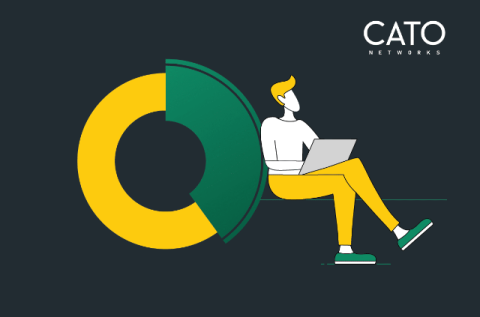Cybersecurity Frameworks: What Do the Experts Have to Say?
Cybersecurity frameworks are blueprints for security programs. Typically developed by governmental organizations, industry groups, or international bodies, they take the guesswork out of developing defense strategies, providing organizations with standards, guidelines, and best practices to help them manage and reduce their cybersecurity risks.










